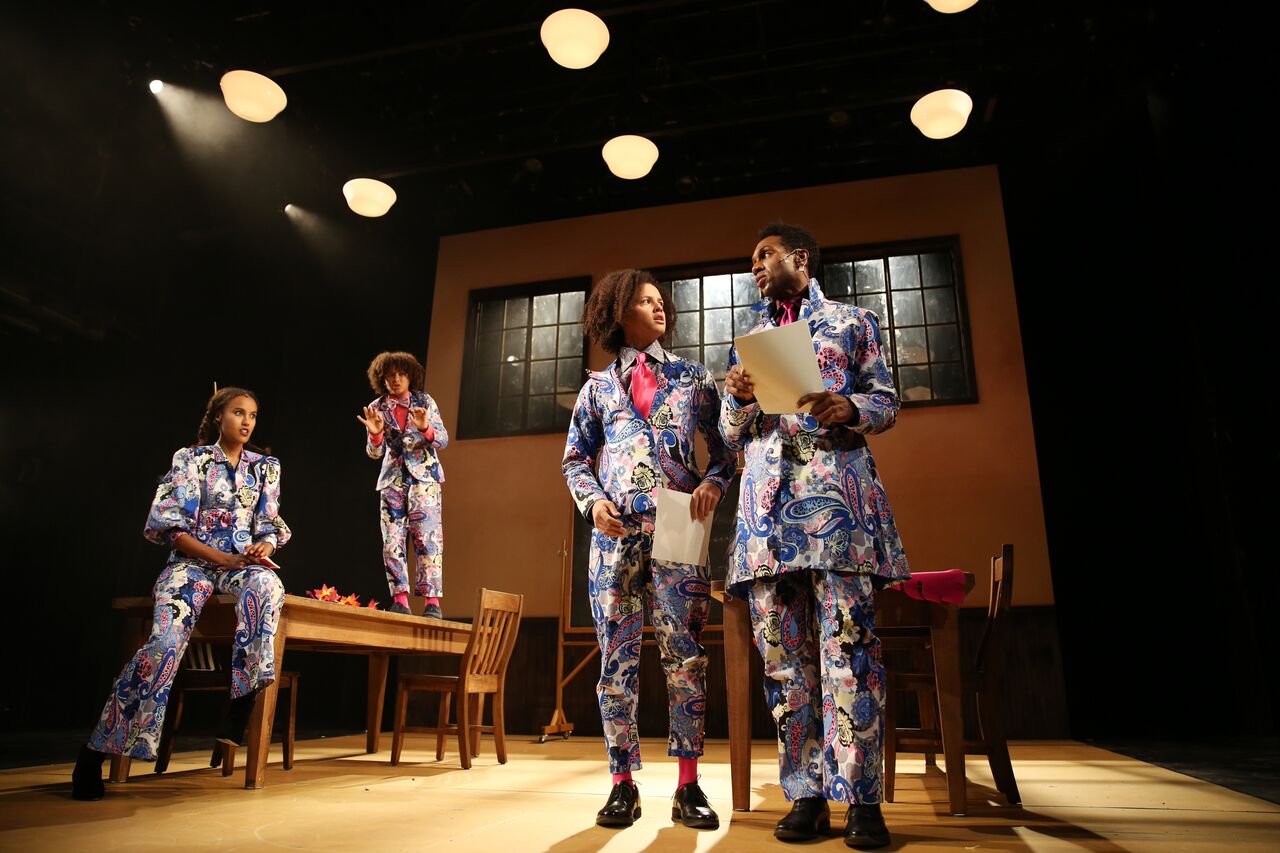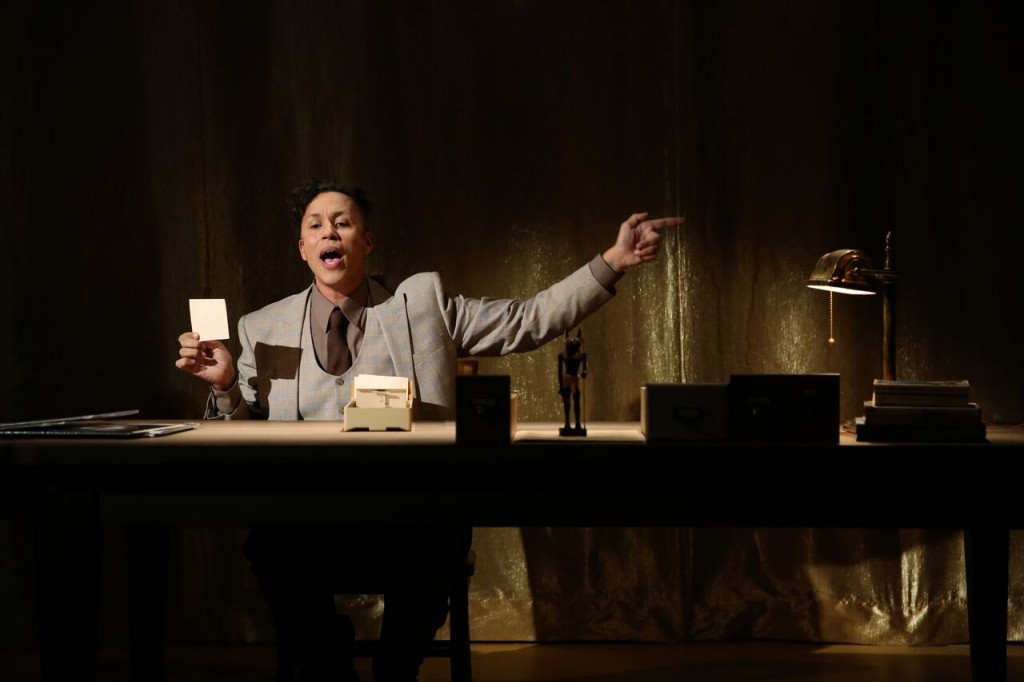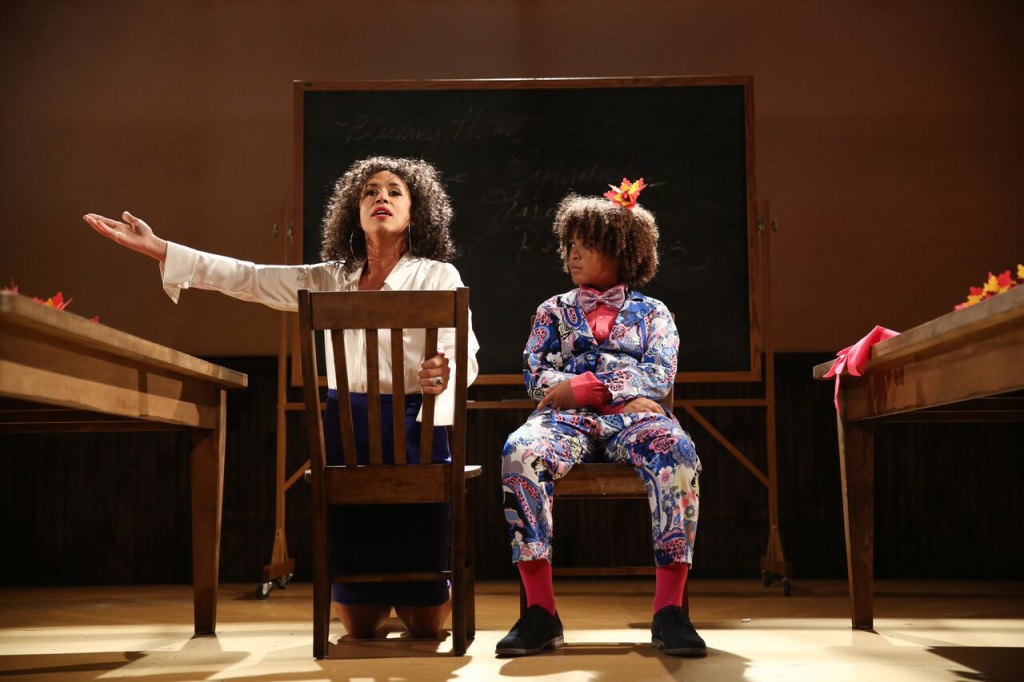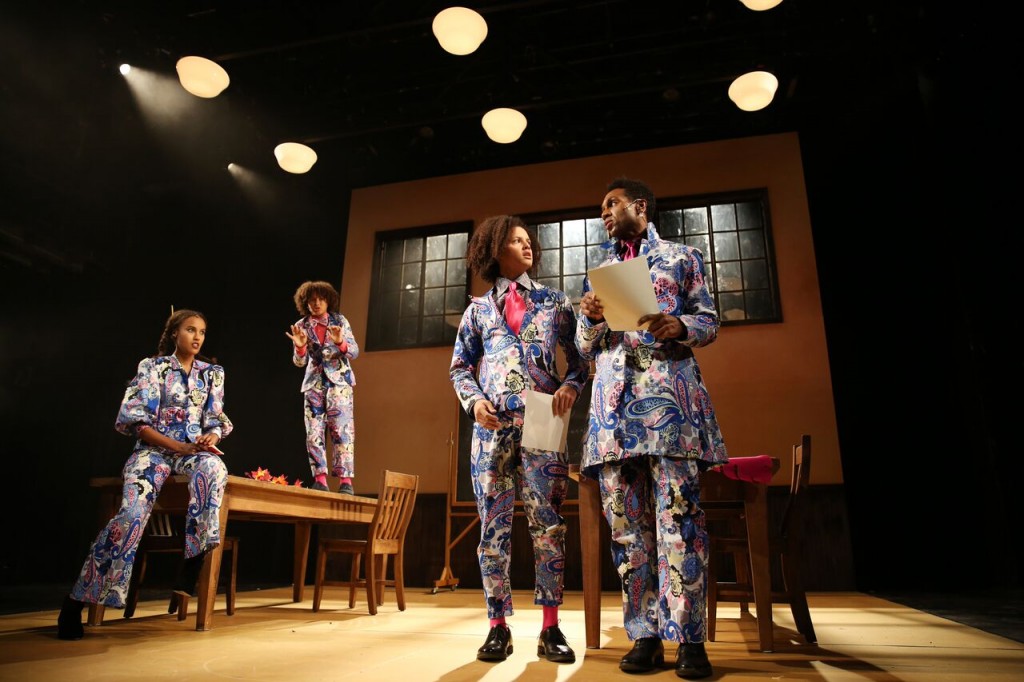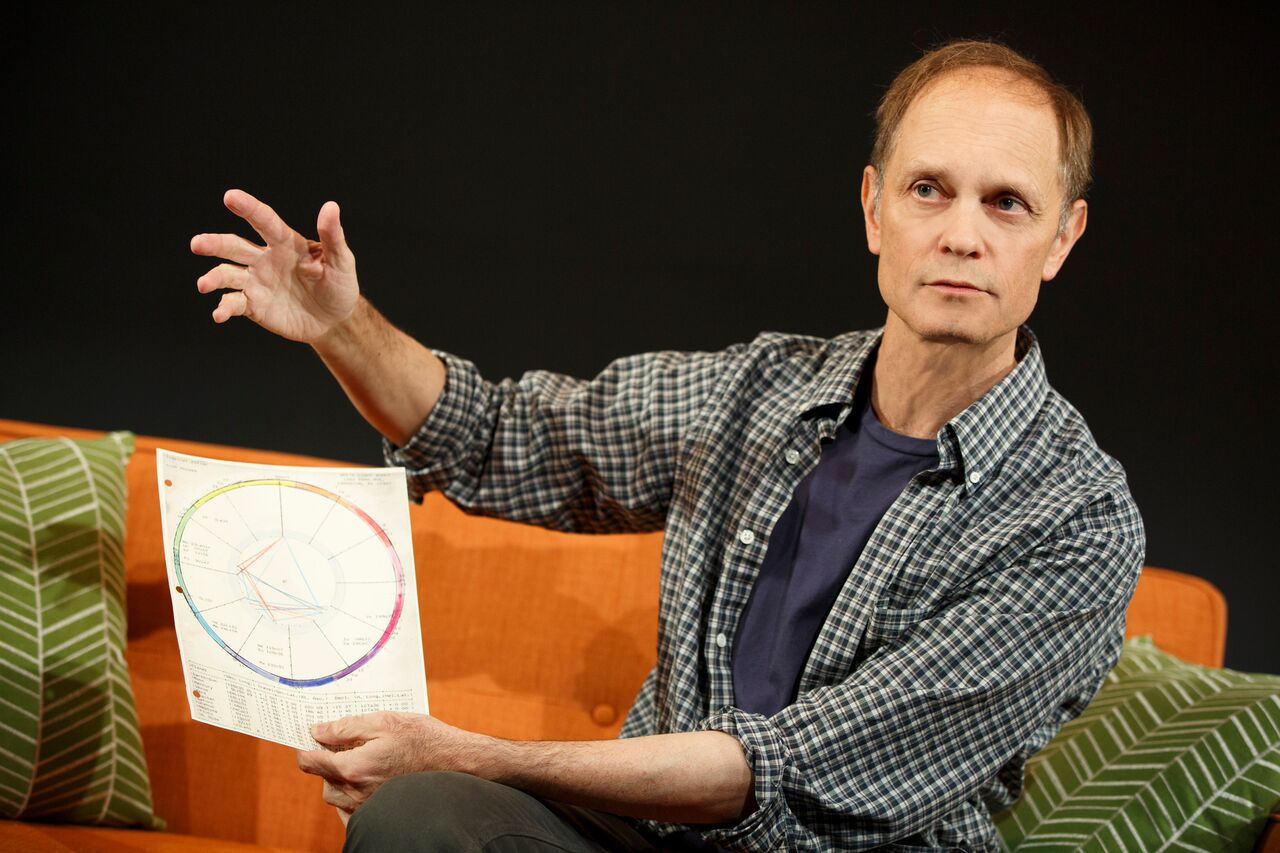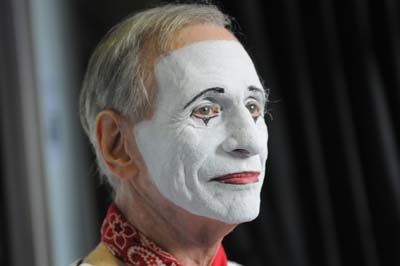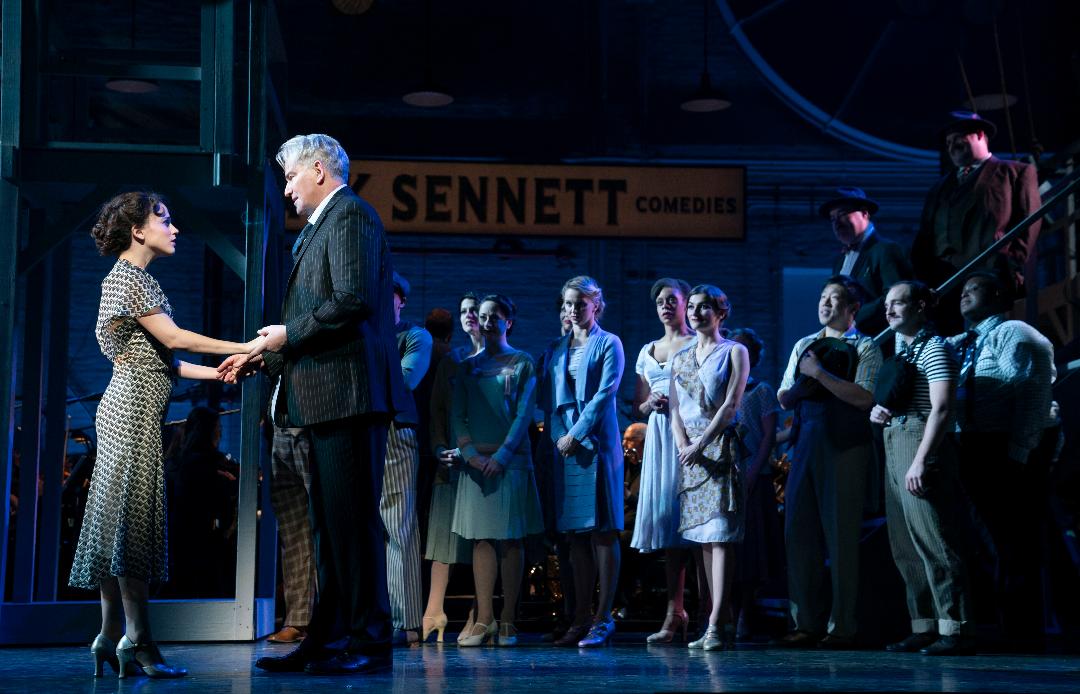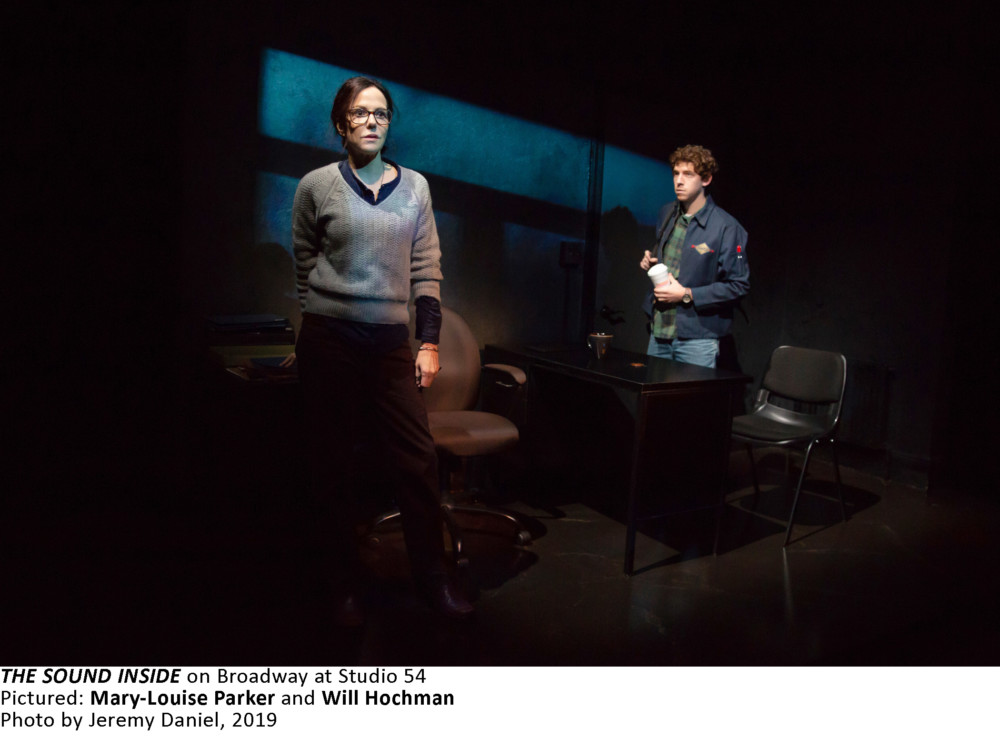by Marilyn Lester
The term duat, in Egyptian mythology, signifies the mystic and sapient realm of the dead, presided over by Osiris and other gods of the ancient pantheon. Duat, the play, inhabits a far less grand realm. Playwright Daniel Alexander Jones, aka the performance artist, Jomama Jones, may have had grand aspirations to reach such heights, but falls short in conveying any such wisdom of the gods, let alone mere mortals.
Duat is a play with music told in three distinct and unrelated parts, starring Jones. Its high concept is American avant-garde art intimately connected to “queerness and Afromysticism,” drawing on core ideas from ancient Egyptian mythology. The goal of these themes to connect, however, was a fail, resulting in the opposite: a play that couldn’t make up its mind about what it wanted to be, with no apparent arc, no journey, and nothing new to say. Yet, one cannot fault Jones for his commitment, even if the road to hell is paved with good intentions. To his credit, the cast of talented performers gave Jones and director Will Davis, who helped develop the piece, 100 percent. That professionalism and fidelity can go a long way in helping a problematic work achieve a certain level of acceptability.
Act one, featuring Jones and two younger alter ego selves, played by Jacques Colimon and Tenzin Gund-Morrow, is essentially a monologue of growing up black and gay. It ends in an original song entitled “Supernova” sweetly performed by the younger of the two Jones selves (12-year-old Gund-Morrow) before a scene change into the Egyptian realm. In this mercifully short interlude, Stacey Karen Robinson recites what seems to be a scree, but is meant to be a weighing of the collective heart, with choreographed movement by Toussaint Jeanlouis as Anubis and Kaneza Schaal as the Scribe. The interact intermission allows Jones to transform into Miss Jones, a Mr. Rogers-like teacher in drag, whose obsession is seeds, flowers and the putting on of a pageant. Act two is heavily laden with original songs by Samora Pinderhughes, Bobby Halvorson, and Jomama Jones, featuring the able playing of Trevor Bachman (music direction, keyboard), Ethan O’Reilly (bass), Josh Quat (guitar), and Marieke Wiening (drums).
By the end of Duat, it’s apparent that the play never gels. It’s a piece with interesting and even fine moments, but one in which the sum of its parts never adds up to a remotely satisfying whole. Jones, who’s been around the performance scene for twenty or so years, has a following and has done well-received work. Unfortunately, Duat ends up feeling like a self-indulgent piece that needs to go back to the drawing board.
Technical credits include set design by Arnulfo Maldonado, costume design by Oana Botez, lighting design by Solomon Weisbard, and sound design by Elisheba Ittoop. Production stage manager is Rachel K. Gross.
Duat, through November 6
SoHo Rep at The Connelly Theater, 220 E. 4th Street, 212-941-8632, www.sohorep.org
Photos by Julieta Cervantes


